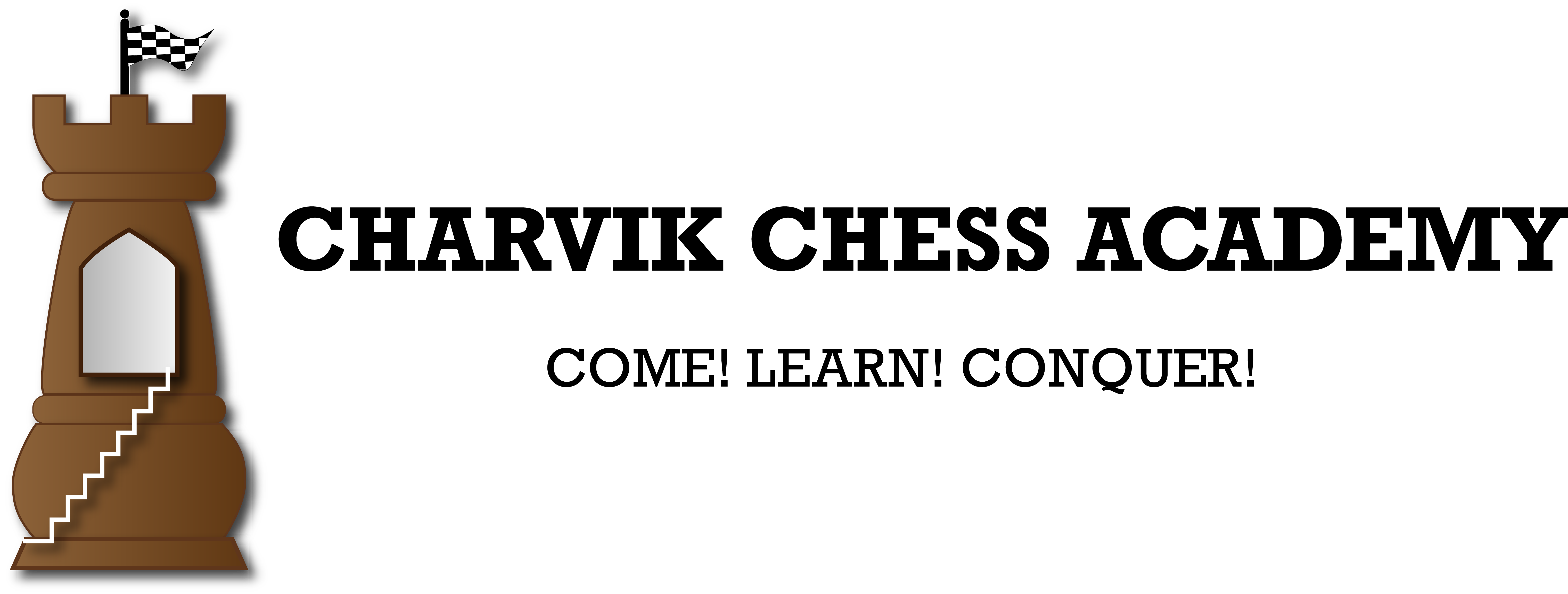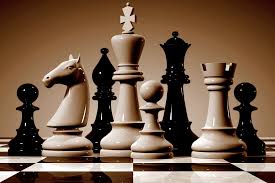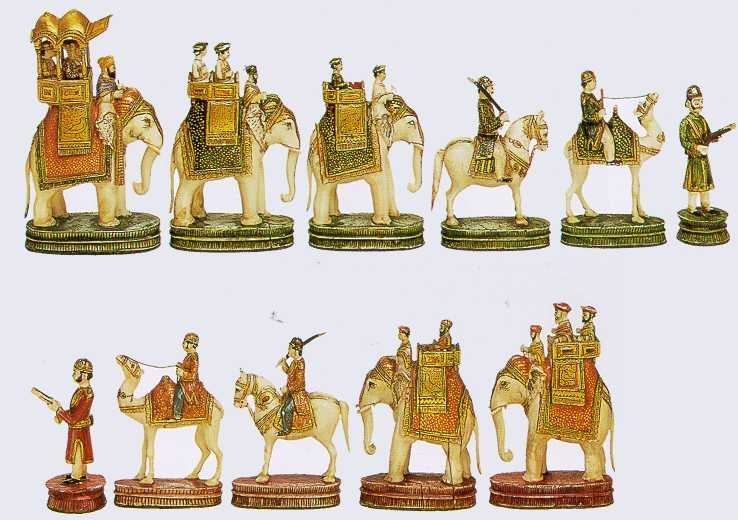Chess is a two-player strategy board game played on a chessboard, a checkered game board with 64 squares arranged in an 8×8 grid. The game is played by millions of people worldwide.
Chess is believed to have originated in India sometime before the 7th century. The game was derived from the Indian game chaturanga, which is also the likely ancestor of the Eastern strateg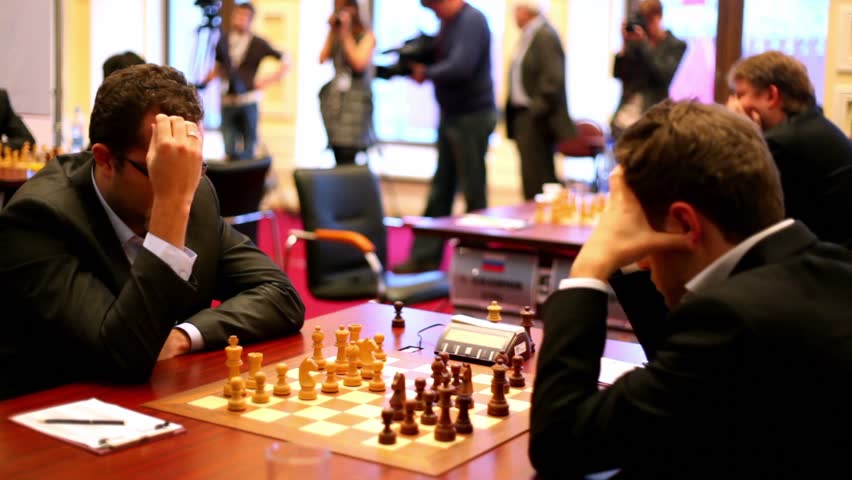 y games xiangqi, janggi, and shogi. (A minority view holds that chess originated in China.) The pieces assumed their current powers in Spain in the late 15th century; the rules were finally standardized in the 19th century.
y games xiangqi, janggi, and shogi. (A minority view holds that chess originated in China.) The pieces assumed their current powers in Spain in the late 15th century; the rules were finally standardized in the 19th century.
Each player begins with 16 pieces: one king, one queen, two rooks, two knights, two bishops, and eight pawns. Each of the six piece types moves differently, with the most powerful being the queen and the least powerful the pawn. The objective is to checkmate the opponent’s king by placing it under an inescapable threat of capture. To this end, a player’s pieces are used to attack and capture the opponent’s pieces, while supporting each other.
In addition to checkmate, the game can be won by voluntary resignation of the opponent, which typically occurs when too much material is lost or checkmate appears unavoidable. There are also several ways a game can end in a draw.
The first generally recognized World Chess Champion, Wilhelm Steinitz, claimed his title in 1886. Since 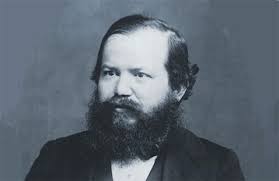 1948, the World Championship has been regulated by FIDE, the game’s international governing body. FIDE awards titles to skilled players, the highest of which is grandmaster. Many national chess organizations also have a title system; however, these are not recognized by FIDE. FIDE also organizes the Women’s World Championship, the World Junior Championship, the World Senior Championship, the Blitz and Rapid World Championships, and the Chess Olympiad, a popular competition among international teams. There is also a Correspondence Chess World Championship and a World Computer Chess Championship. Online chess has opened amateur and professional competition to a wide and varied group of players.
1948, the World Championship has been regulated by FIDE, the game’s international governing body. FIDE awards titles to skilled players, the highest of which is grandmaster. Many national chess organizations also have a title system; however, these are not recognized by FIDE. FIDE also organizes the Women’s World Championship, the World Junior Championship, the World Senior Championship, the Blitz and Rapid World Championships, and the Chess Olympiad, a popular competition among international teams. There is also a Correspondence Chess World Championship and a World Computer Chess Championship. Online chess has opened amateur and professional competition to a wide and varied group of players.
Until recently, the International Olympic Committee had recognized chess as a sport, some national sporting bodies such as the Spanish Consejo Superior de Deportes also recognize chess as a sport.[3] Chess was included in the 2006 and 2010 Asian Games.
Since the second half of the 20th century, computers have been programmed to play chess with increasing success, to the point where the strongest personal computers play at a higher level than the best human players. Since the 1990s, computer analysis has contributed significantly to chess theory, particularly in the endgame. The IBM computer Deep Blue was the first machine to overcome a reigning World Chess
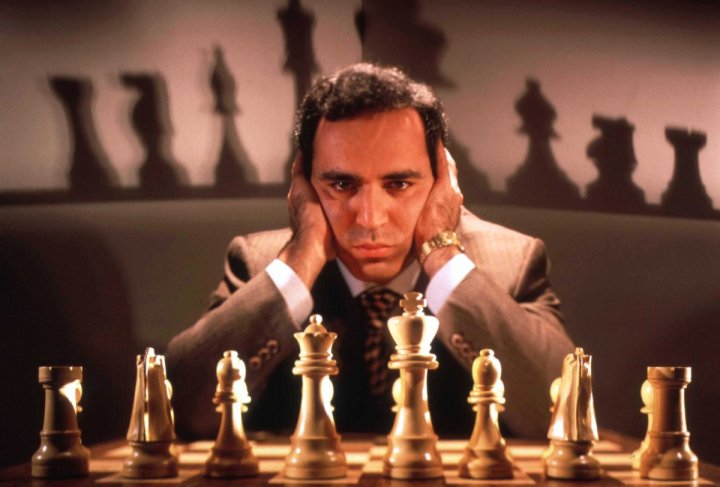
Champion in a match when it defeated Garry Kasparov in 1997. The rise of strong computer programs (called “engines”) runnable on hand-held devices has led to increasing concerns about cheating during tournaments.
There are many variants of chess that utilize different rules, pieces, or boards. One of these, Chess960 (originally “Fischerandom”), has gained widespread popularity as well as some FIDE recognition.
